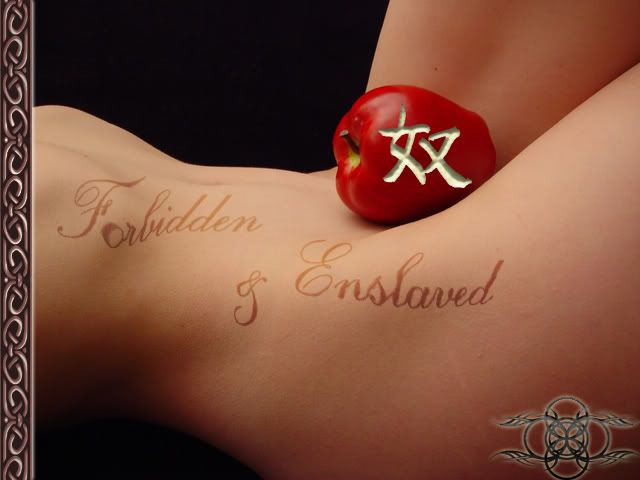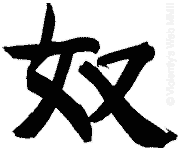The Treaty of Waitangi (: Te Tiriti o Waitangi) was signed on February 6, 1840 at Waitangi in the Bay of Islands, New Zealand. It was signed by a representative of the British Crown, and Māori chiefs from the North Island. The British Resident, James Busby, had earlier convinced some 35 of these chiefs to declare independence as the Confederation of the United Tribes of New Zealand.
From the British point of view, 'The Treaty', as New Zealanders often call it, justified making New Zealand a British colony. Today it is generally considered the founding point of New Zealand as a nation. Despite this, the Treaty is often the subject of heated debate. Many Māori feel that the Crown has not kept its side of the bargain, whereas a number of Pakeha feel that Māori pay too much attention to the Treaty and use it to claim 'special privileges'.
Until the 1970s, it was generally ignored by both the courts and parliament, although it was usually depicted in New Zealand historiography as a wise and benevolent act. From the late 1960s Māori began drawing attention to breaches of the Treaty, and subsequent histories have emphasised problems with its translation. Most New Zealanders now accept that their governments have been neglectful of the Treaty, but there is no agreement on the extent of this or what should be done about it. The Waitangi Tribunal is tasked with researching breaches of the Treaty and suggesting redress.




